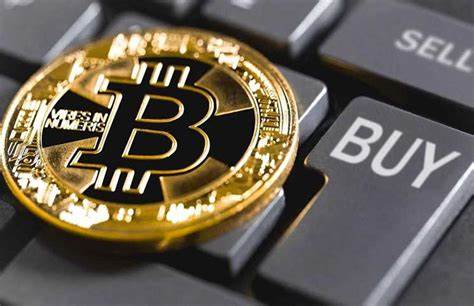What are cryptocurrencies, and why are they important?
Cryptocurrencies are digital assets that use blockchain technology to create decentralized transactions. Blockchains consist of many computers worldwide solving cryptographic puzzles to validate large lists of transactions that are grouped into “blocks.” Blockchains are decentralized ledgers, meaning no central authority controls transactions. All information on the blockchain is publicly available, but none of the data can be modified. All information shared or created on the blockchain is assigned and recognized by a unique cryptographic code to ensure immutability.There are many cryptocurrencies in the market, and each has its own attributes and a team working behind them to solve real-world technology problems and more.

Let’s explore the top 4 cryptocurrencies available in the market.
Ethereum ($ETH)
Ethereum is the second-largest cryptocurrency in the world by market capitalization, after Bitcoin. It is a decentralized, open-source blockchain platform that enables developers to build decentralized applications (dApps) on top of it. Ethereum also supports smart contracts, which are self-executing contracts with the terms of the agreement between buyer and seller being directly written into lines of code.One of the most significant advantages of Ethereum is that it allows anyone to create and publish immutable decentralized applications (dApps). Ethereum fueled the space now known as decentralized finance (DeFi) and changed the world of crypto forever. When Ethereum's consensus mechanism changes from Proof of Work (PoW) to Proof of Stake (PoS), also known as ETH2, network transaction costs will be reduced, and Ethereum will become more environmentally friendly.
1) Bitcoin ($BTC)
Bitcoin is the world’s first decentralized cryptocurrency, created in 2009 by the enigmatic Satoshi Nakamoto. Bitcoin was developed as an alternative to traditional currencies and the centralized financial system, which was heavily impacted by the 2007 financial crisis. The decentralized nature of Bitcoin means that it cannot be manipulated or have its supply altered by centralized authorities or any individual/group.From its humble beginnings, Bitcoin has evolved into a powerful financial asset that has created tension, as well as common understanding, between the traditional financial world and decentralized finance. It is often referred to as a “store of value” and “digital gold,” and has been added to the portfolios of banks and hedge funds. However, one of Bitcoin's strongest criticisms is its blockchain technology. As a PoW blockchain, large amounts of energy are required to operate the blockchain, which poses questions for the future sustainability of Bitcoin.
2) Cardano ($ADA)
Cardano is a third-generation blockchain platform that aims to solve the scalability and sustainability issues of other cryptocurrencies. Cardano uses a Proof of Stake (PoS) consensus algorithm, which means that the energy required to operate the blockchain is significantly less than that of a PoW blockchain. Cardano’s focus on sustainability is what sets it apart from other cryptocurrencies.Cardano’s main goal is to provide a more secure, sustainable, and scalable blockchain platform for decentralized applications (dApps). It is designed to allow developers to create and run smart contracts, decentralized applications, and more. Cardano is often referred to as the "Ethereum Killer" due to its scalability and energy efficiency.
3) Polkadot ($DOT)
Polkadot is a next-generation blockchain platform that aims to create a more connected and interoperable blockchain ecosystem. Polkadot’s unique design allows multiple blockchains to communicate with each other, enabling developers to build and deploy decentralized applications (dApps) across multiple blockchains.4) Solana ($SOL)
Solana is a relatively new blockchain, but it has already made a name for itself as a highly scalable blockchain with low transaction fees. Solana uses a unique consensus mechanism called Proof of History (PoH) to process transactions quickly and efficiently. Its current transaction speed is estimated to be 65,000 transactions per second (TPS), which is much higher than many other blockchains.Solana's scalability and fast transaction speed have made it an attractive platform for decentralized applications (dApps) and non-fungible tokens (NFTs) that require quick and inexpensive transactions.
Cryptocurrencies are a rapidly evolving space, with new coins and technologies emerging all the time. It is important to stay informed about the latest developments in the cryptocurrency market, especially if you are an investor.
The 4 cryptocurrencies mentioned in this article are some of the best coins on the market, each with its unique features and potential for growth. Whether you are an experienced investor or just starting in the cryptocurrency space, it is essential to do your research before investing in any cryptocurrency.







